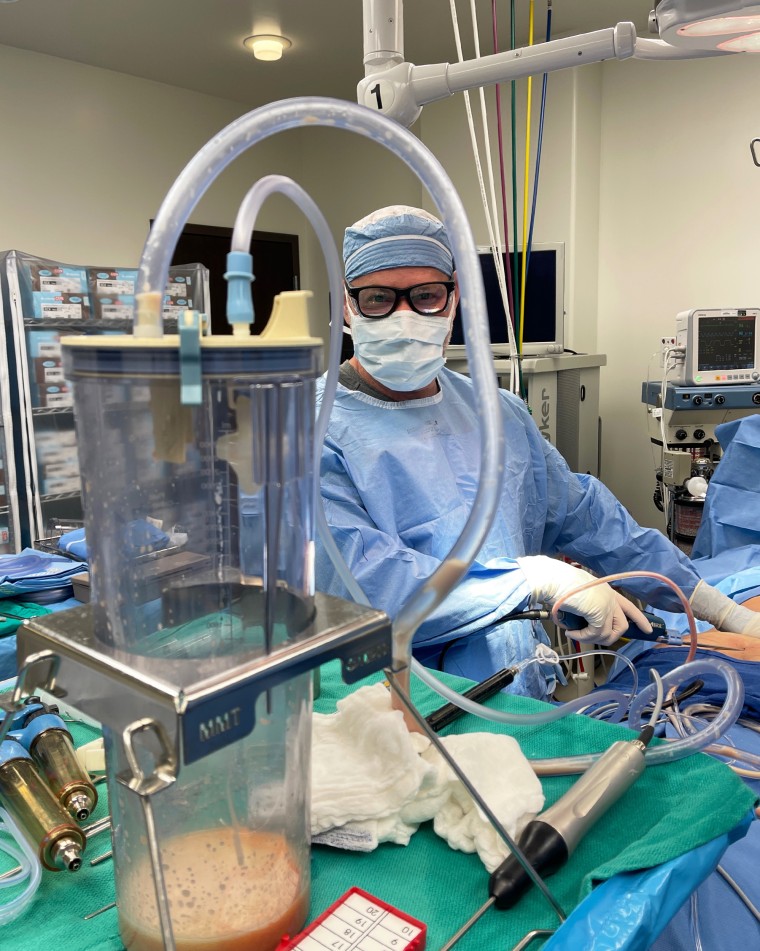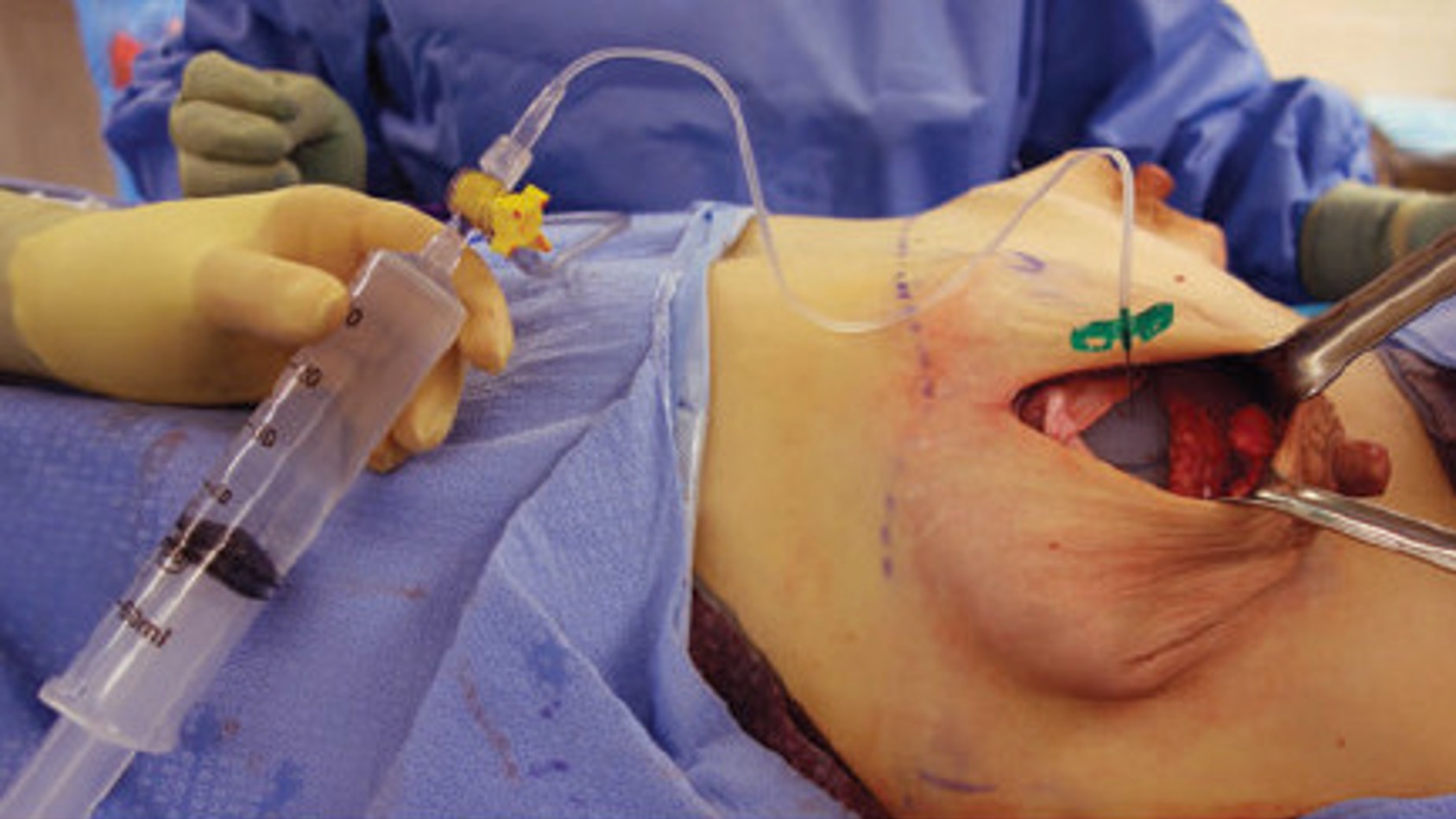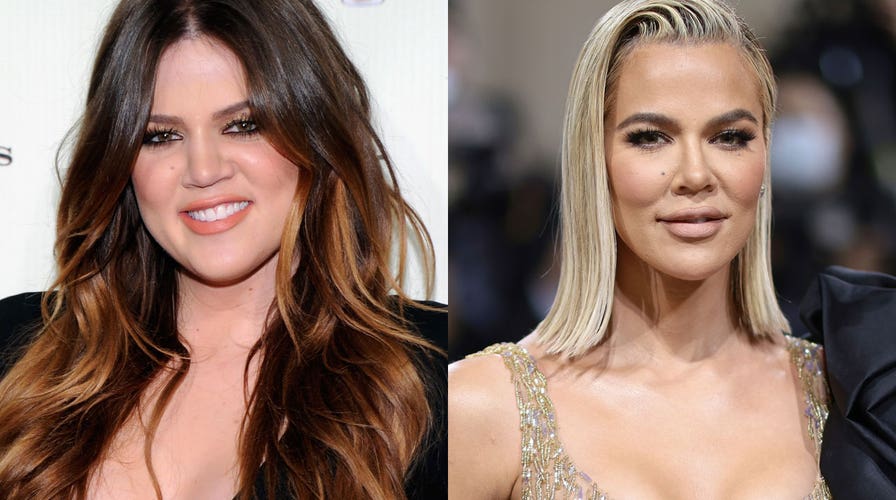A Deep Study the Typical Validation for Looking For Plastic Surgery: Unloading the Wish for Adjustment and Self-Improvement
The motivations behind the quest of cosmetic surgical treatment extend beyond simple aesthetic enhancement, showing a nuanced interplay of societal assumptions, individual goals, and emotional variables. As people increasingly look for to align themselves with dominating appeal criteria, it comes to be crucial to check out the underlying factors that urge them to make such significant modifications. The influence of media portrayals and personal stories can not be forgotten, as they form perceptions and wishes in profound methods. This examination prompts essential questions about the moral ramifications and future trajectories of aesthetic procedures, welcoming additional exploration into the complexities of self-improvement and identification.
Social Stress and Charm Criteria

The effect of these appeal perfects can be extensive, instilling a sense of insufficiency in those who do not adapt. Consequently, numerous may look for cosmetic surgical treatment as a way of straightening their look with these social expectations. mommy makeover bellevue. This wish for consistency can originate from a large array of inspirations, including the ambition for improved social standing, enhanced charming potential customers, or boosted expert possibilities
Furthermore, these stress are not limited to specific demographics; they influence people throughout different ages, genders, and backgrounds, highlighting the prevalent nature of beauty requirements. This extensive influence increases important concerns regarding the values of cosmetic surgical procedure and the implications of societal requirements on specific choices. Eventually, recognizing these pressures is critical for promoting a much more inclusive interpretation of elegance that celebrates variety.
Individual Experiences and Transformative Stories
Several people who undergo plastic surgery record transformative experiences that extend past plain physical adjustments. For numerous, these procedures function as a driver for enhanced self-confidence and a restored feeling of identification. Individuals often explain feeling freed from long-standing instabilities, causing increased confidence in both expert and individual realms.
Take, for instance, the tale of a girl that went through bust enhancement after years of feeling awkward about her look. Post-surgery, she reported not just a newly found comfort in her body however likewise a considerable enhancement in her social life and job chances. In a similar way, a middle-aged guy who chose to go through a facelift shared just how the procedure renewed his expectation on life, motivating him to go after brand-new passions and connections.
These personal narratives underscore the profound impact plastic surgery can carry individuals' lives. As they welcome their transformed selves, many locate empowerment in their options, commonly using their experiences to inspire others contemplating comparable trips. Inevitably, these transformative stories highlight the multifaceted reasons individuals seek plastic surgery, linking personal development with the quest of visual enhancement.
Emotional Factors Behind Aesthetic Surgical Treatment
Numerous emotional aspects add to the choice to undertake plastic surgery, showing deeper psychological and psychological health and wellness factors to consider. Individuals often pursue medical enhancements as a way Check Out Your URL to attend to feelings of inadequacy, reduced self-confidence, or dissatisfaction with their appearance. These mental inspirations can be rooted in past experiences, social comparisons, or personal ambitions.
Body image distortion is a prevalent problem, where people regard their physical attributes in an exaggeratedly adverse light. This distortion can bring about obsessive thoughts regarding regarded defects, triggering the wish for surgical modification as a solution - mommy makeover bellevue. Additionally, the quest of perfection and social pressures can intensify these feelings, pushing individuals toward aesthetic treatments in hopes of attaining an idyllic version of themselves
Additionally, the idea of self-improvement plays an essential duty. Numerous people view plastic surgery as a path to enhance their quality of life, click believing that improved appearance will certainly result in raised social approval, far better partnerships, or boosted career opportunities. Inevitably, the psychological variables behind cosmetic surgical treatment underscore the complicated interplay in between specific self-perception and exterior influences, exposing the multifaceted nature of the need for adjustment.

The Duty of Media in Perception
In today's society, media plays a pivotal function fit understandings of charm and self-respect. With different systems-- social networks, tv, and advertising-- idealized standards of elegance are commonly distributed, influencing individual aspirations and self-image. These portrayals often stress narrow interpretations of attractiveness, predominantly featuring vibrant, slim, and electronically enhanced images, which can create unrealistic standards for people making every effort to adjust.
The impact of media is more aggravated by the prevalent nature of social networks, where customers are pounded with curated content that highlights aesthetic enhancements, supporting a society of contrast. This constant exposure can result in sensations of insufficiency among viewers, prompting them to think about cosmetic surgery as a way of attaining the perceived suitable. Research suggests that individuals who involve with these media depictions are extra likely to share discontentment with their appearance, strengthening the desire for surgical treatments.
In addition, the normalization of cosmetic surgical treatment in media narratives can desensitize audiences, framing such treatments as commonplace and even needed for social acceptance. Therefore, the media's representation of beauty not just influences specific selections regarding plastic surgery however likewise adds to a wider societal dialogue regarding self-respect and identification.
Future trends and ethical considerations
Amid the expanding appeal of plastic surgery, honest considerations bordering the technique have become increasingly noticeable. As the demand for treatments rises, so also do worries pertaining find out here now to notified authorization, the emotional motivations of people, and the capacity for exploitation by cosmetic surgeons. It is essential for experts to make sure that people completely recognize the threats and advantages, along with the ramifications of their choices, to cultivate a liable technique to aesthetic improvements.
Additionally, the impact of social media and beauty requirements elevates inquiries about the influence on mental wellness, particularly amongst prone populations. As understanding of body image issues grows, honest technique demands a cautious assessment of the inspirations behind surgical interventions. Specialists should stabilize client wishes with honest responsibility, making sure that choices are rooted in genuine self-improvement instead than societal pressures.

Conclusion
In final thought, the search of cosmetic surgical procedure is affected by a convergence of social stress, personal experiences, and mental variables. The desire for placement with dominating elegance standards, coupled with the possibility for transformative results, underscores the complex motivations driving people toward these procedures. In addition, the duty of media in shaping perceptions of charm can not be understated. As ethical considerations develop, future fads in plastic surgery will likely show continuous social discussions bordering self-improvement and private identification.
Frequently, social stress and dominating elegance criteria play a substantial role in individuals' decisions to go after cosmetic surgical procedure. Inevitably, these transformative tales highlight the diverse reasons individuals seek cosmetic surgical treatment, linking personal development with the search of visual improvement.
Numerous people see cosmetic surgical treatment as a pathway to enhance their top quality of life, thinking that boosted appearance will lead to enhanced social approval, better relationships, or boosted profession possibilities. Inevitably, the mental factors behind cosmetic surgical procedure emphasize the complex interaction between specific self-perception and outside impacts, disclosing the diverse nature of the need for modification.
As honest factors to consider develop, future fads in cosmetic surgery will likely mirror continuous social dialogues surrounding self-improvement and specific identity.